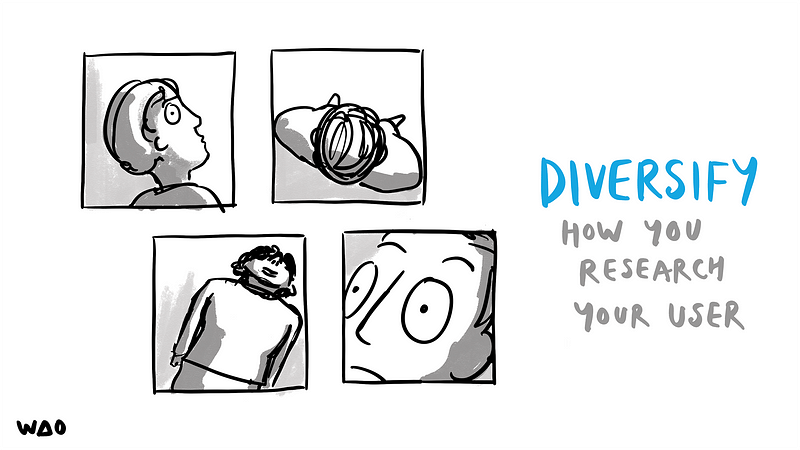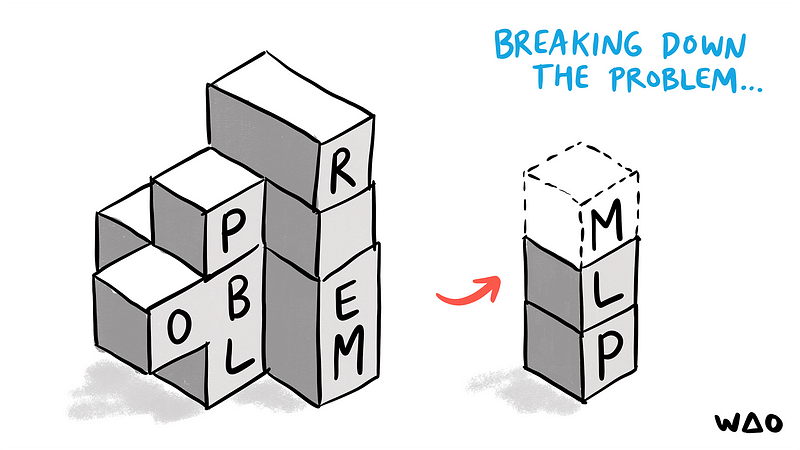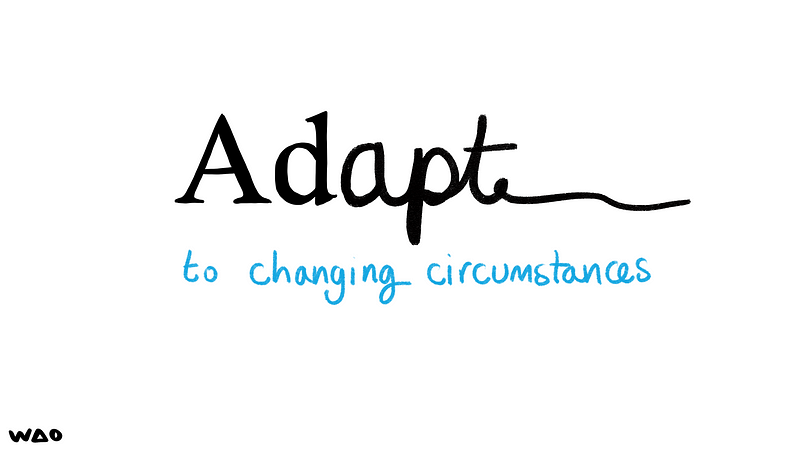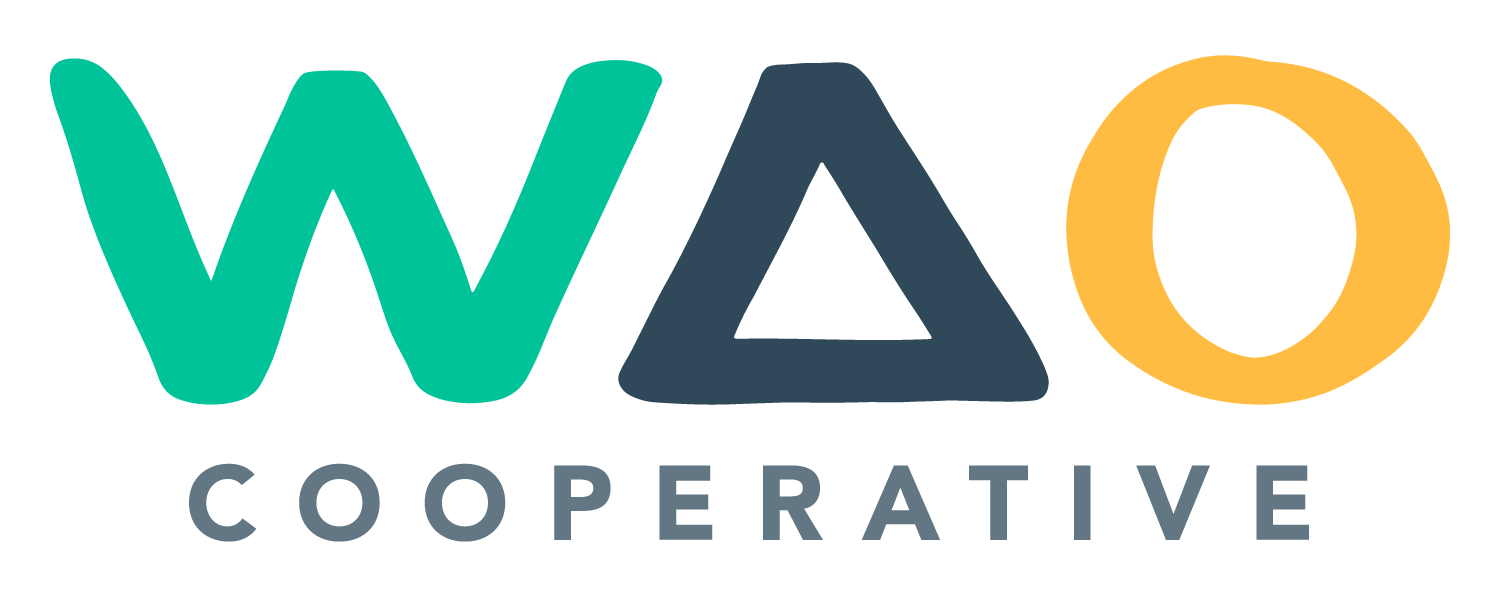
User research is a journey, and like any journey, it doesn’t always go exactly as planned. We’ve written previously about starting your own user research journey and questions to ask that can help get you off on the right foot.
Sometimes though, despite all best intentions and diligent planning with your chosen selection of pre-mortems, checklists, Gantt charts, or Kanban boards, a user research project can still go off course.
There are many reasons why this might happen, and many may seem well beyond your control. In this post, we’ll share some strategies we’ve found helpful in regaining momentum and getting a project back on track.
Common Issues in User Research

Before we explore solutions, it’s important to recognise some of the issues that can derail a user research project.
- Unclear Objectives
Without a clear understanding of what you want to find out, your project can quickly lose focus. For example, if you’re researching a digital tool’s usability but haven’t defined whether you’re focusing on ease of navigation, visual design, or performance, you may end up collecting feedback that’s too broad or irrelevant. This can lead to scattered efforts and data that doesn’t fully answer the questions you initially set out to explore. Clarity in your objectives also helps you stay within scope — after all, projects that become too complex or overly broad can be difficult to manage. - Recruitment Challenges
Finding the right participants is crucial, but sometimes, despite your best efforts, recruitment doesn’t go as planned. You may find that a particular community or demographic is underrepresented or face difficulty finding enough respondents due to limited access or poor engagement. This can delay your project and result in a participant pool that’s not as diverse or representative as it needs to be. - External Dependencies
Often, research projects rely on external factors like stakeholder input, third-party data, or collaboration with other teams. For example, you could be relying on receiving data from a partner organisation or feedback from a legal team before being able to proceed. When these dependencies fall through, your project can come to a standstill.
Strategies to Get Back on Track

Now that we’ve identified some common issues, let’s look at how you can regain momentum and steer your project back on course.
- Revisit and Refine Objectives
If your project is losing direction, it might be time to revisit your initial objectives. What is the overarching research question you’re trying to answer? Is your objective still relevant? Do they need to be refined based on what you’ve learned so far? Narrowing or reaffirming your focus can help streamline your efforts and ensure that the data you collect is meaningful and actionable. - Simplify Your Scope
If you’ve taken on more than you can manage, don’t hesitate to simplify your project’s scope. Focus on the most critical questions and the areas that will have the greatest impact. It’s better to complete a smaller, focused project successfully than to stretch resources too thin across a larger, unfocused one. - Adapt Your Recruitment Approach
When recruitment isn’t going as planned, consider adapting your approach. If your initial outreach didn’t yield the desired results, explore alternative channels or adjust your criteria. Techniques like reaching out through community organisations or leveraging existing networks can help you connect with a broader range of participants while maintaining diversity and inclusivity. - Adjust Your Methods
If certain methods aren’t yielding results, be flexible and try different approaches. For example, if individual interviews aren’t providing the depth of insight you need, consider adding focus groups? The ability to adjust and adapt is a strength in user research. - Communicate and Realign with Stakeholders
If external dependencies are causing delays, clear communication is key. Communicate with stakeholders regularly to identify any roadblocks and realign expectations. Perhaps your pre-mortem foresaw some of the issues that have emerged and have a plan to mitigate already in place? Sometimes, simply clarifying timelines or adjusting deadlines can help get things moving again. - Refresh the Team
If a project is dragging on and fatigue is setting in, prioritise tasks based on their impact and feasibility. Reassign team members or bring in extra help if possible. Sometimes, a fresh perspective or additional hands can help push through bottlenecks.
Staying Resilient: Embrace the Learning Process
Remember, setbacks and challenges in user research are not uncommon, especially when working to include a wide range of voices and experiences. Each obstacle offers an opportunity to learn, grow, and improve your approach. By staying resilient, being flexible, and maintaining clear and empathetic communication, you can navigate difficulties and ensure that your research is both inclusive and impactful.
Ultimately, the ability to adapt and respond thoughtfully to challenges is what strengthens your user research and makes it more effective. Every project, even those that face hurdles, contributes valuable lessons that can be applied to future work. Embrace these lessons, and use them to enhance your research practices, ensuring that all voices are heard and valued.
Need help? We do this a lot, get in touch!

Discussion